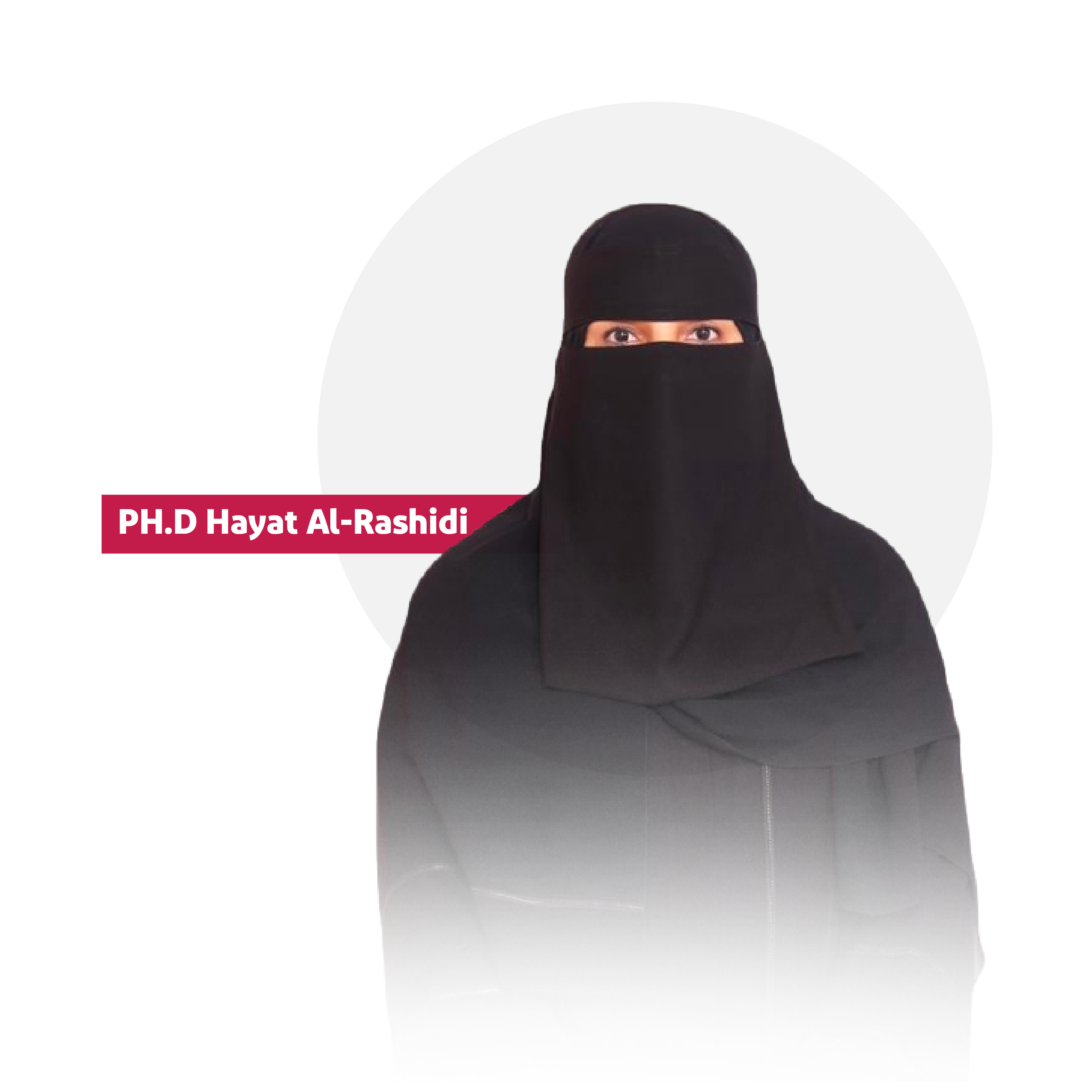
Variety of Persian policy according to the course of events
"Persian nationalism and its colour."
Iranian policy has tried and continues to try to change its orientation according to the course of events, and it is working to change the view that has been known by peoples and countries – not only at the level of Arabs but at the level of international societies- and to make its acceptance of the dialogue of civilizations. That is, it should focus on the direction of foreign policy to the path of the cultural field other than what was prevailing in the past, which is to focus on the political and economic aspect only, and enter into wars with its neighboring countries such as Iraq – regardless of the details of that. The Iranian decision-maker has become heading towards the outside world through a cultural strategy that starts from trying to promote Iranian culture and civilization in order to achieve more success in the policy of openness to the world, which there is no alternative in this historical era, that the international system is going through. And indeed, this call for dialogue among civilizations has met with acceptance by some, internationally.
The Iranian trend to change the concept of independence and governance from an Islamic sentimental point of view was considered to be two main ideological axes, in fact the two ideological approaches that affected in one way or another the development of Arab-Iranian relations. When adherence to them increased, the degree of tension in these relations increased, which prevailed in the 1980s, especially in light of the Iraq-Iran war and the Arab position in support of Iraq in the face of what was known as the Iranian threat to the region. From what the Islamic Republic of Iran is known for, it already has a political theory of what Islamic governance is – centered on the concept of the mandate of the jurist – and sees it as a real Islamic solutionto the problems of the Islamic world.This period was linked to the principle of exporting the revolution abroad, especially within the neighboring Arab countries, to spread chaos and destabilize it.
A new stage has emerged in Iran’s foreign policy towards the Arabs, and the war is no longer a focus for drawing Iranian foreign objectives. Iran has worked to improve its external image with a clear interest in arming and rebuilding processes.
This contradiction and confusion is not praise- worthy for its consequences…..
In subtle ways, they tried to keep the influence of the Iranian-Islamic revolution on the Arab region mainly intellectual, ideological and moral, in addition to, the emphasis on its Islamic character. Although this impact has receded and remained within the sphere of influence within the sphere of ideas within their revolution and their country, it has been linked to the restrictions imposed on Iran by the international regime.
Over time, the trend towards pragmatism has increased and the conflict between the requirements of national interest and ideological interest has begun to diminish. Fatigue in Iran-Arab relations and hostility have been achieved in some cases only in the early days of the revolution. The change began gradually as the Iranian regime’s rhetoric changed, its intensity subsided and it became more pragmatic on the external level. These twoaxesno longer control the course of relations with the Arabs.
Their nationalist designs and tendencies fail because of bad intentions, and the cover up of religion….
Pragmatism is a philosophical tradition that began in the United States around 1870. Its origins are often attributed to philosophers Charles Sanders Pierce, William James, and John Dewey. Pierce later described it in his pragmatic quote: “Think about the practical effects of tools through your perception,” quoted.
It is strange to learn about their policy and their following of the instructions of whatever its origins, while to declaring innocence from America and creating chaos of all kinds, especially in the seasons of Hajj.
In summary of some of their national policies, the Arabian Gulf region is considered at the top of the Iranian priority agenda…..

